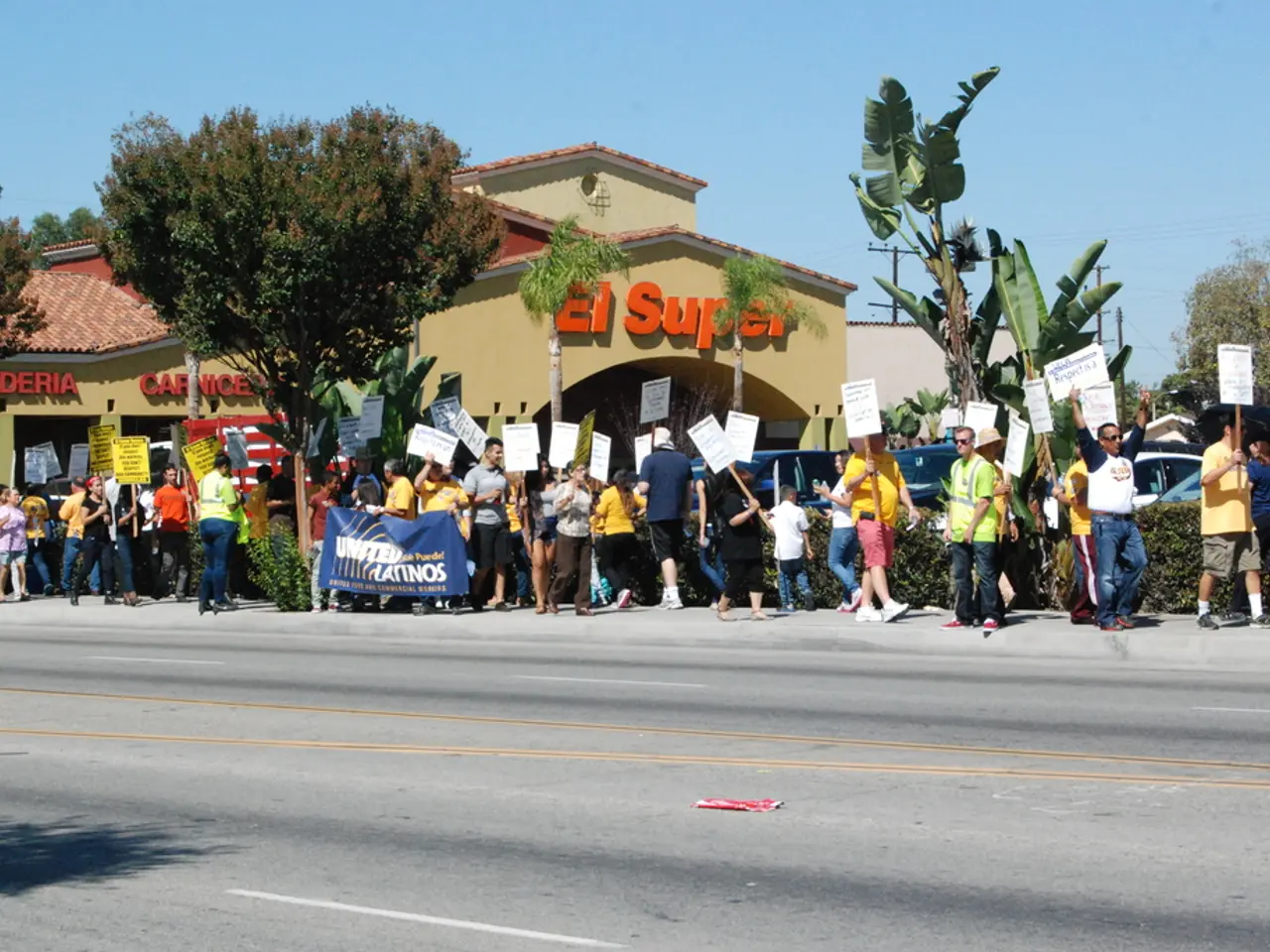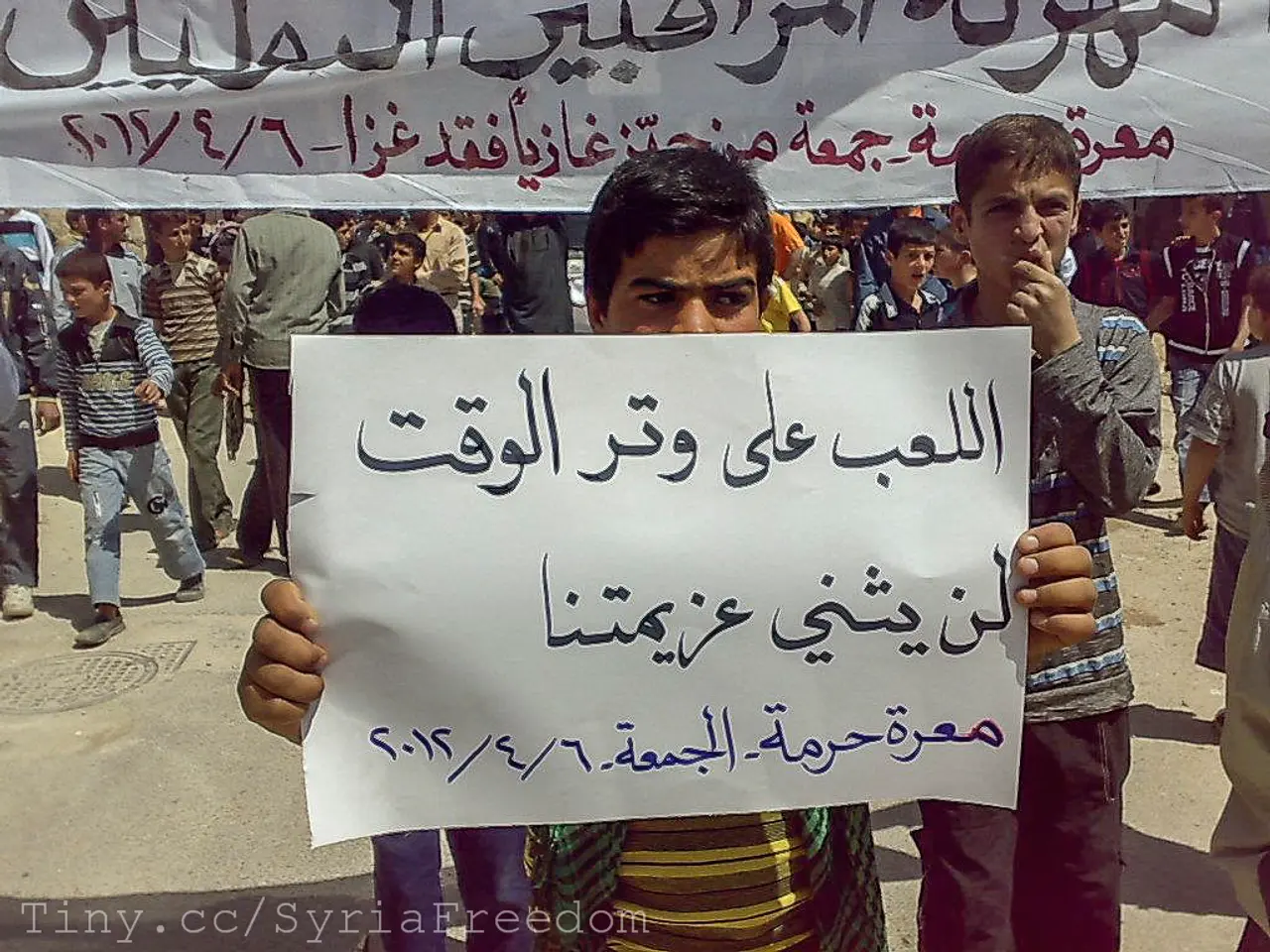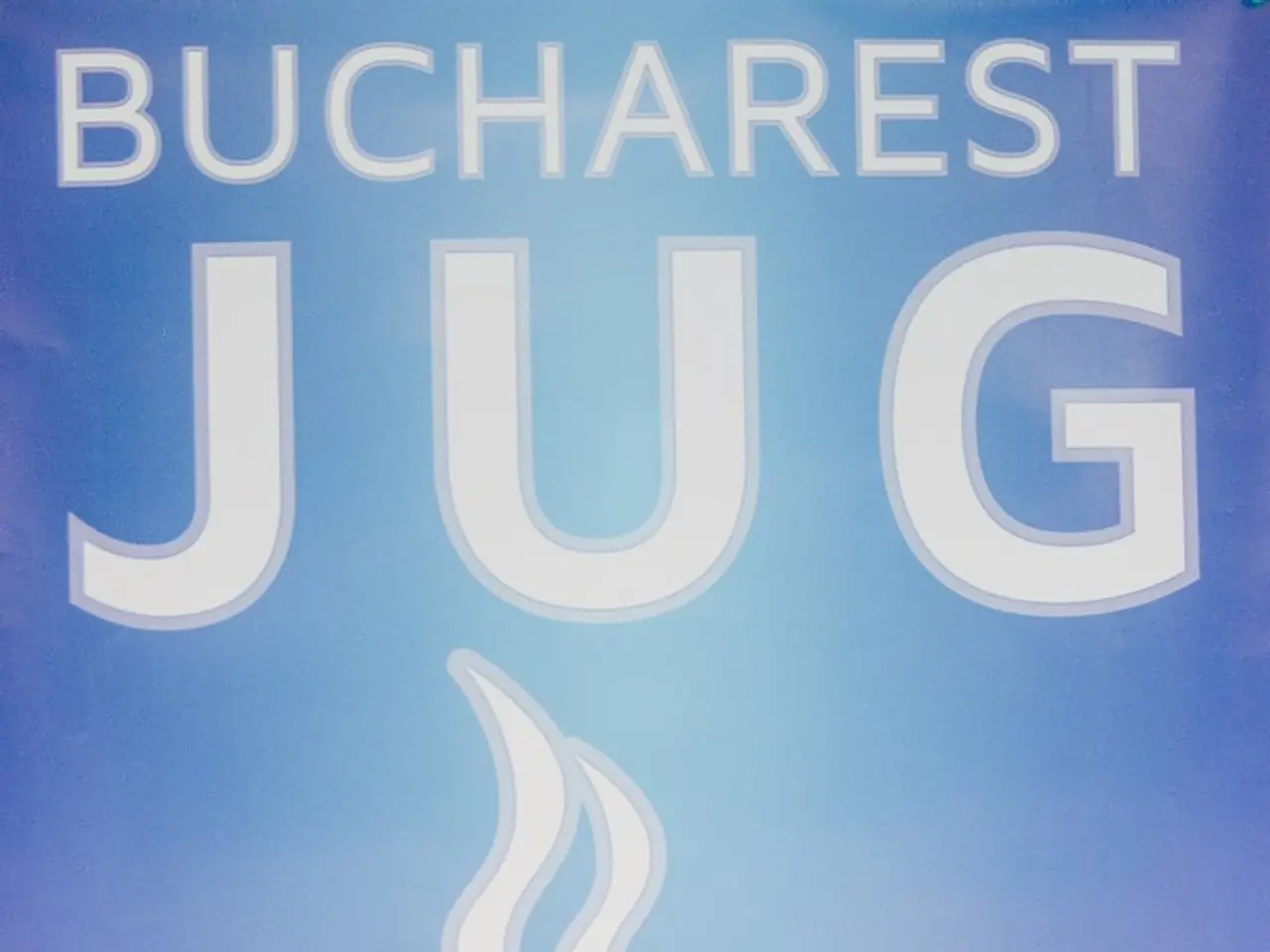Impact of Historic Poll Tax on Society and Politics
In the annals of history, the poll tax stands as a stark reminder of the far-reaching consequences of financial barriers to voting rights. This regressive tax, imposed unequally on individuals regardless of their income or social status, had a profound impact on political mobilization and social mobility, particularly among lower-income and marginalized populations.
The poll tax required individuals to pay a fee to vote, effectively disenfranchising many low-income voters and limiting their political participation. This artificial suppression of voter turnout allowed political elites to maintain power with smaller, wealthier, and more easily managed electorates. Consequently, political machines or elites favoured micro-targeting and controlling smaller voter bases rather than broad mobilization efforts, contrasting with earlier, more volunteer-driven and mass-participation political cultures.
By restricting the right to vote through financial means, the poll tax reinforced systemic inequalities. Those who could not afford the tax were excluded from influencing policies that directly affected their economic and social conditions. This political exclusion translated to less advocacy and fewer policies supporting poverty alleviation, education, and labour rights, which are critical factors for social mobility. Without adequate political power, affected groups had limited leverage to challenge discriminatory economic structures or to gain access to education and services necessary for upward mobility.
The historical precedent of the poll tax continues to inform debates on electoral access and democratic inclusion today. Modern scholars and policy analysts have suggested incentivizing voting through subsidies or payments as a way to counteract the legacy of poll taxes by increasing participation among low-income voters and rebalancing political influence away from wealthy interests.
The ratification of the 24th Amendment to the U.S. Constitution in 1964 abolished the use of poll taxes in federal elections, marking a significant milestone in the fight against this discriminatory practice. However, the legacy of the poll tax lives on, reminding us of the importance of equitable taxation, of doing research before making policy changes, and of the power of public opinion and grassroots movements.
The poll tax was implemented in various countries at different times, tracing back to ancient times in Greece and Rome and used in England during the 14th to 17th centuries. In more recent times, it was implemented in the United States in the late 19th and early 20th centuries. The poll tax had a profound effect on society and contributed to social and political movements striving for change.
Mass demonstrations occurred across the country in opposition to the Poll Tax, with people from all walks of life uniting against it. One story that emerged during this period summed up the opposition: Margaret Thompson, an elderly woman, refused to pay her poll tax in protest of its burden on her limited pension income.
The poll tax was seen as unfair and regressive, burdening low-income individuals and families. To prevent this happening again, future taxation policies should consider individuals' income levels and ability to pay, implement progressive taxation systems, prioritize transparency and public input in decision-making processes, and invest in education, job creation, and infrastructure projects to create opportunities and reduce poverty.
The historical impact of the poll tax has contributed to the ongoing efforts to protect and expand voting rights, increasing awareness about the importance of equal access to the electoral process and shaping discussions on advancements in voting rights legislation. As we move forward, it is crucial to remember the lessons learned from the poll tax to strive for a more equal future, where every voice is heard and every vote counts.
- Data analysis shows that the poll tax had a significant impact on the demographic distribution of voters, with lower-income and marginalized populations being disproportionately affected.
- News outlets often discuss the profound influence of the poll tax on political behavior, particularly in the context of elections and government policies.
- Public debates frequently focus on issues such as reinforcing voting rights and tackling systemic inequalities that were exacerbated by the poll tax.
- Researchers conduct studies on the effects of the poll tax on political mobilization, social mobility, and poverty alleviation.
- Understanding the behavioral trends and insights resulting from the poll tax helps shape current and future policy decisions regarding electoral access and democratic inclusion.
- Podcasts and media outlets frequently discuss the opinions on the poll tax, its legacy, and its repercussions on modern elections.
- Polling data serves as a critical tool in assessing the impact of the poll tax on voter turnout and political participation.
- Interpretations of the poll tax's historical significance, as well as discussions on its contemporary relevance, are found in academic research as well as general-news publications.
- The power of grassroots movements, as demonstrated in the protest against the poll tax, continues to inspire political behavior and mobilization efforts today, underlining the importance of public participation in democratic processes.






